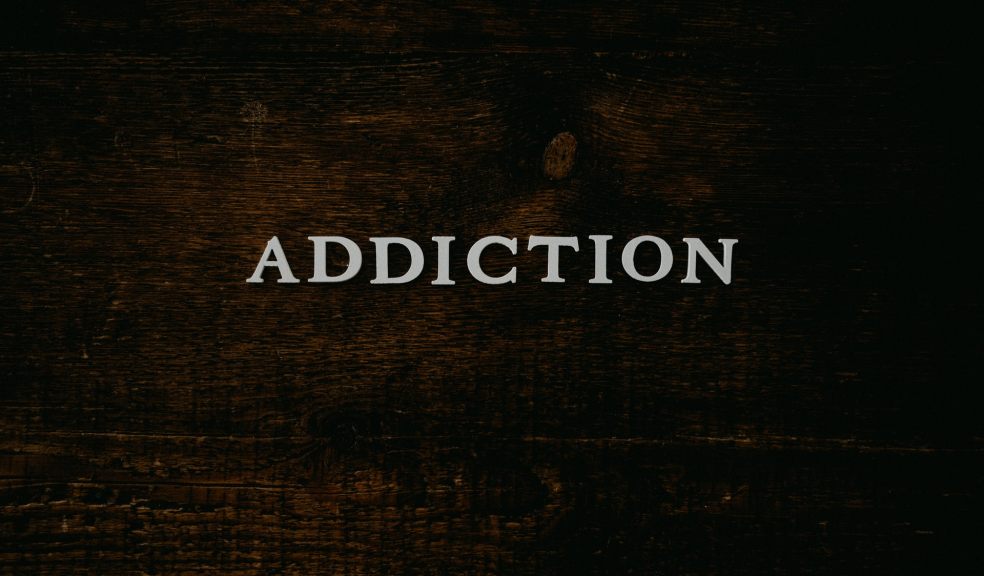
How to defeat your addiction and emerge stronger: Top tips from experts
Addiction to drugs is not a character fault or a sign of weakness, and overcoming the problem requires more than willpower.
Abusing illicit or prescribed drugs can cause changes in the brain, resulting in tremendous cravings and a temptation to use, making abstinence appear to be an unreachable objective.
However, no matter how terrible your condition appears or how many times you've tried and failed before, healing is never out of reach. Change is always achievable with the correct therapy and support.
If you're addicted to prescription medicine, you may be anxious about how you'll address a medical issue in the future. It's normal to be conflicted because committing to sobriety necessitates several changes.
Infinite Recovery will address all your problems and help you emerge victorious in the addiction recovery journey. Click https://www.infiniterecovery.com/san-antonio-drug-rehab/ for further details.
How to Defeat Addiction?
It's important to remember that no universal treatment approach in addiction recovery works for everyone.
Everyone's requirements are unique. Whether you are addicted to illicit or prescription drugs, addiction therapy should be tailored to your situation. First, you must choose a program that feels good for you.
However, before you commit to the treatment, there are some steps you must follow to defeat your addiction. Let’s have a look:
1: Admit You Have A Problem
When it comes to addiction, whether it's to alcohol or gambling, denial is a solid coping technique that allows you to avoid facing the facts.
If someone else brings up the addiction, you may respond as if they're exaggerating or blowing things out of proportion.
So acknowledging to yourself that you have a problem is the first step.
Many addiction specialists believe that this phrase implies that the person struggling is aware of or is becoming aware of his problematic habits and how those actions lead to a broader health issue.
2: Think About Change
It's also common to feel guilty about quitting your favorite medication, even if you know it's causing difficulties in your life.
Recovery takes time, determination, and support, but you can conquer your addiction and recover control of your life by committing to change.
Maintain a record of your drug usage, including when and how much you consume. This will give you a better understanding of addiction's role in your life.
List the benefits and drawbacks of quitting, as well as the costs and benefits of continuing to take drugs. Finally, consider the essential things to you and how addiction is impacting them.
3: Decide to Change
Most people who have an addiction realize they need to change sooner or later.
They have a definite aim in mind after they have taken the decision.
For example, it might be to quit altogether, quit certain addictive activities, reduce the amount of time spent on addictive behaviors, or reduce the quantity.
Although complete abstinence is the ideal road to wellbeing, lowering or eliminating the drug is a significant improvement that will considerably lessen the harm caused.
4: Prepare to Change
Even though you have a precise aim in mind, you may still need to be prepared to undergo that change.
It means you have to remove addictive drugs from your home and eradicate triggers in your life that may enhance your chances of using those substances again.
People who have a shopping or gambling habit may need to cut up their credit cards and work with their bank to have just enough cash to meet bills and living needs.
In the same way, if you are addicted to drugs or alcohol, you must throw away every last packet and bottle out of your home so that they don’t trigger you.
5: Seek Professional Support
Don't try to go it alone. Having good influences and a robust support system is critical for any therapy method you pick.
The more people you have to lean on for support, the higher your chances of recovery. Having the support of friends and family members is a priceless tool in the rehabilitation process.
If you're hesitant to turn to your loved ones because you've disappointed them in the past, try going to family therapy.
Construct a healthy social network. It's critical to surround yourself with sober people who will cheer you on in your recovery.
Which Treatments are Available to Overcome an Addiction?
After you've decided to recover, it's time to look into your therapy options. While addiction therapy varies depending on the substance, a successful program frequently involves all your needs.
The best treatment options are:
- Detox Centers And Rehab: The detox and rehab centers cleanse your body of narcotics and manage withdrawal symptoms. In addition, rehabilitation can reduce or delay the incapacitating consequences of chronic health issues. Whether you’re searching for standard facilities with the help of terms like "luxury detox centers near me", the ultimate purpose of a rehabilitation facility remains the same—to help patients recover and resume as much independence as possible in their homes.
- Therapies And Counselling: Individual, group, and family therapy can assist you in identifying the underlying causes of your drug use, repairing relationships, and learning healthy coping strategies. The behavioral approach to therapy is based on the premise that his environment determines an individual's behavior.
- Medication: Medication can be used to relieve withdrawal symptoms, prevent relapse, or treat any co-occurring mental health problem like sadness or anxiety. Medications also manage your chronic pain symptoms, blood sugar management, blood pressure reduction, or infection treatment.
- Aftercare Treatment: Having an aftercare plan is critical since many patients experience difficulty transitioning out of treatment. The risk of relapse is most significant in the first few months following discharge from treatment. Long-term follow-up can aid in the prevention of relapse and the maintenance of sobriety.
Final thoughts
It's normal to be unsure if you're ready to begin recovery or whether you have what it takes to quit. Unfortunately, the most challenging step in addiction recovery is the very first one, which is admitting your problem and deciding to change.
Once you admit that you have a problem, you will likely gather the courage to undergo the recovery journey. Attending frequent in-person support groups or online sessions might help you stay on track with your rehabilitation.
So, if you want to know more about these, ping us in the comment box.













